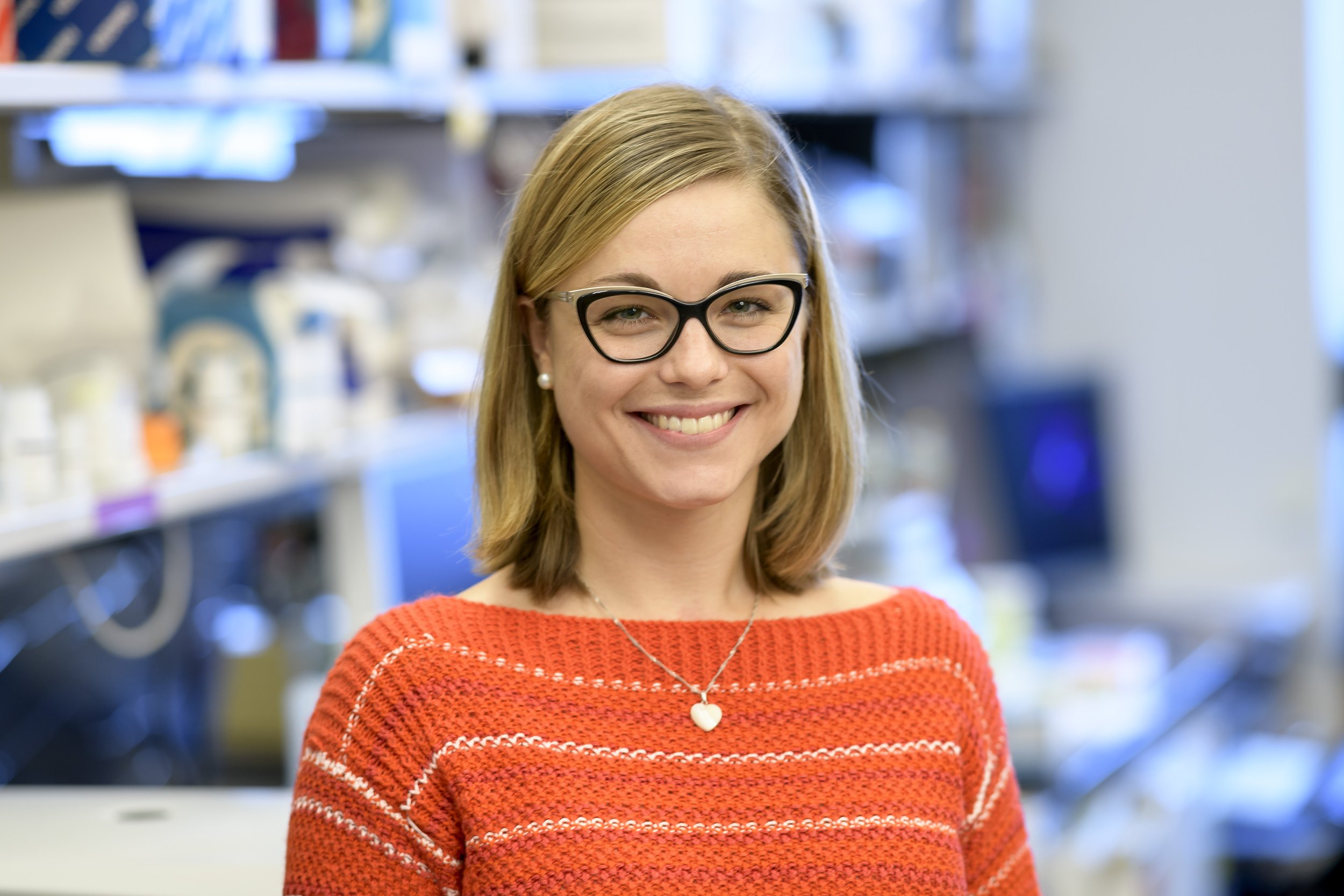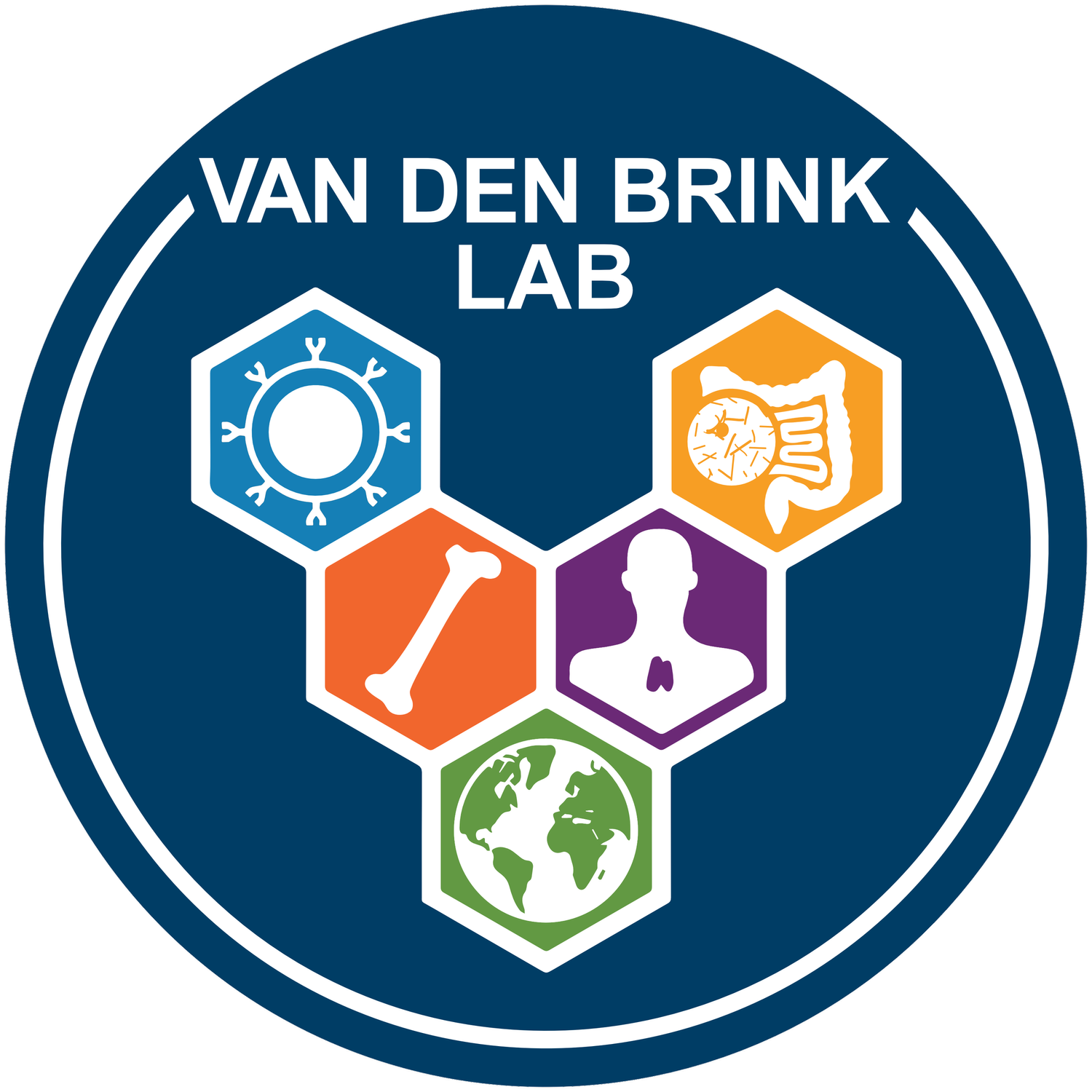Thymus Group Projects
Manipulating Immune Function and Thymus Recovery
Regeneration of the thymus is a critical function that allows for renewal of immune competence following stress, infection or immunodepletion caused by cytoreductive chemo- or radiation therapy. The mechanisms governing this regeneration remain poorly understood. However, thymic renewal in all (but particularly in adult) patients can be a prolonged process that significantly impairs the recovery of adaptive immunity following cytoreductive therapy and subsequently leads to an increase in opportunistic infections and higher treatment-associated morbidity and mortality. Hence one of the most significant clinical challenges is the need for rapid regeneration of thymopoiesis following induced immunodepletion and transplantation. The following are several projects that address these issues:
Developing Strategies to Enhance Immune Reconstitution after Allo-HSCT
Post-transplant immune depletion is particularly striking within the T cell compartment, which is exquisitely sensitive to negative regulation, evidenced by the profound decline in thymic function with age. As a consequence, regeneration of the immune system remains a significant unmet clinical need. Over the past decade, studies have revealed several promising therapeutic strategies to address ineffective lymphopoiesis and post-transplant immune deficiency. These include the use of cytokines such as IL-7, IL-12, and IL-15; growth factors and hormones like keratinocyte growth factor, insulin-like growth factor (IGF)-1, and growth hormone; adoptive transfer of ex vivo-generated precursor T cells and sex steroid ablation (SSA). Recently several novel approaches have been proposed to generate whole thymii ex vivo using stem cell technologies and bioscaffolds.
Strategies to enhance T cell immunity following allo-HSCT. Jarrod A. Dudakov and Marcel R.M. van den Brink, Best Pract Res Clin Haematol. 2011 Sep; 24(3): 467–476
A large focus of the lab is to develop strategies to improve immune function in patients after allo-HSCT. Strategies that have been previously explored for their potential include Keritinocyte Growth Factor, IL-7, IL-15, IL-12, IL-22, SSA, and precursor T cells.
Role of Interleukin-22 and Innate Lymphoid Cells in Endogenous Thymic Regeneration
The thymus is exquisitely sensitive to injury (caused by infection, shock, and cytoreductive chemotherapy or radiation therapy) but has a remarkable capacity for repair. Endogenous thymic regeneration is a critical process to restore immune competence. We have recently identified an endogenous network of thymic regeneration whereby 1) injury to the thymus, and in particular the depletion of CD4+CD8+ double positive thymocytes triggers 2) upregulation of Interleukin-23 (IL-23) by a subset of thymic dendritic cells, which induces 3) the production of IL-22 by a group 3 innate lymphoid cells (ILCs). This cascade of events leads to IL-22-mediated regeneration of the supporting thymic epithelial cell (TEC) microenvironment and, ultimately, to rejuvenation of thymopoiesis.
Sex Steroid Ablation and Immune Recovery
It is well documented that the decline in thymic size and function during life is in part correlated with an increase in sex steroids. We and others have previously shown that sex steroid ablation (SSA) can regenerate young and aged immune system by promoting bone marrow and thymus lymphopoiesis and promoting recovery from autologous and allogeneic HSCT. However the mechanisms underline the sex steroid-mediate thymic involution and its regeneration after SSA are poorly understood.
We have recently identified a novel class of LHRH-R inhibitors able to mediate rapid SSA. We are currently evaluating the efficacy of this novel compound in promoting immune recovery after injury. Our preliminary data show that the new LHRH-R inhibitor rapidly reverses thymic involution and enhances immune reconstitution in both male and female mice after immune insults.
Moreover, we are comprehensively investigating the gene expression changes in the thymus after treatment with the LHRH-R inhibitor in order to identify novel mechanisms underling the effects of sex steroids in regulating the involution and regeneration of the thymus.
Rejuvenating the Aged Immune System
A significant physiological problem underlying a broad spectrum of diseases is the well-recognized progressive decline in immune competence with age. One widely characterized effect of age on the immune system is thymic involution, which involves a severe architectural disruption as well as reduced T cell development (thymopoiesis) and export of naïve T cells into the periphery. The impacts of this degeneration manifest at many levels including increased opportunistic infections, incidence and burden of cancer and, somewhat paradoxically, autoimmune disease. Clinically, this decline in thymic function results in not only a markedly reduced capacity to respond to overt vaccines, but also very poor recovery from immune insults such as common cancer treatments like chemotherapy and radiotherapy. Therefore, it is clearly of major clinical and social importance to enhance the recovery of immune function as part of the armory against the increasing disease burden linked to age. One of the focuses of our group is to apply our knowledge of immune boosting therapies to enhance thymic function in the aged. In particular, we are interested in improving recovery following immune-depleting therapies, as well as to enhance the response to new vaccines by rejuvenating thymic function.
Generating an Artificial Thymus
We are working with the European Consortium for Development of Stem Cell-Based Therapy for Thymic Regeneration in order to develop a method for the generation of implantable thymic organoids.
Thymus Research Group Members
-

Hana Andrlova, MD
Senior Research Scientist
-

Kimon Argyopoulos, MD, PhD
Fellow
-

Susan De Wolf, MD
Assistant Attending
-

Harold Elias, MD
Research Associate
-

Brianna Gipson
Research Technician
-

Anastasia Kousa, PhD
Research Associate
-

Andri Lemarquis, MD, PhD
Research Associate
-

Lucia Serrano Marin
Research Technician




